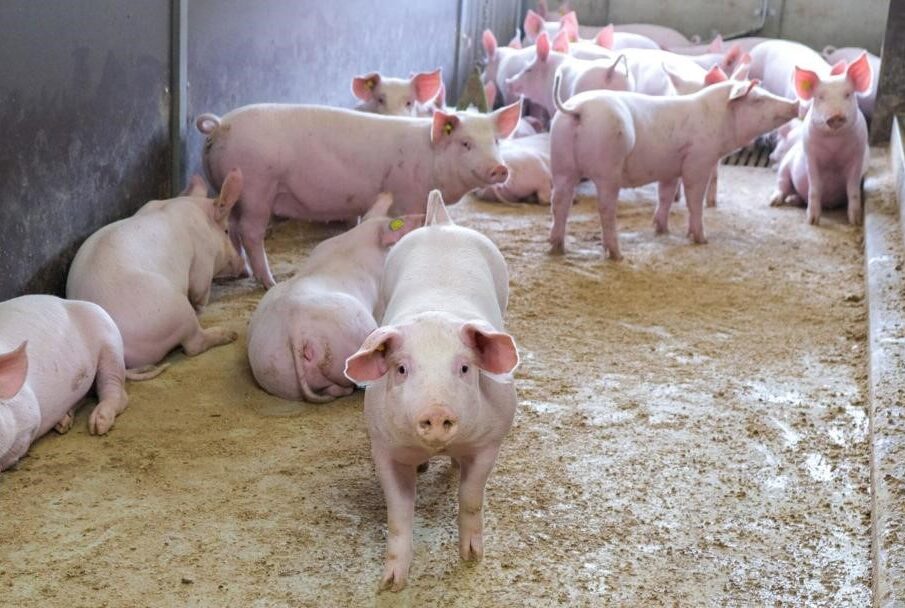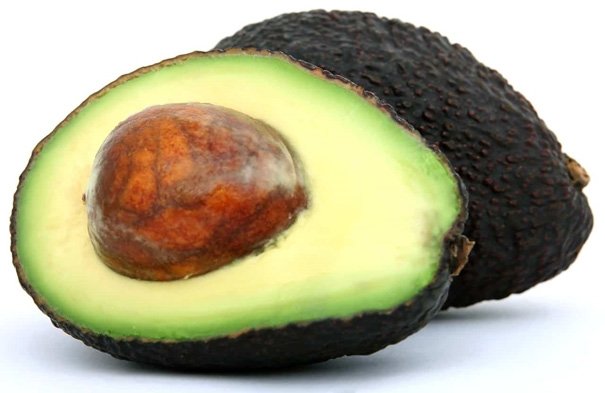The brown gold of pigs: When waste becomes a mine of opportunities

Slurry, a mixture of urine and feces, is the main type of waste produced by pig farms.
Pig farming, often criticized for its environmental nuisances, is undergoing a major transformation. Waste management, once considered a chore, is now seen as a source of income and a lever for sustainability. Let’s find out how farmers are transforming pig waste into brown gold, for the benefit of their farms and the environment.
Slurry, a mixture of urine and feces, is the main type of waste produced by pig farms.
Pig farming is an important economic activity, but it also generates a considerable amount of waste, mainly slurry and solid droppings. This waste, if not managed properly, can have negative impacts on the environment: water and soil pollution, greenhouse gas emissions, odor nuisances, etc. Faced with these challenges, more and more pig farmers are adopting innovative and sustainable waste management practices. These practices aim to reduce the environmental impact of livestock farming, but also to recover waste by transforming it into valuable resources.
Slurry, a mixture of urine and feces, is the main type of waste produced by pig farms. It is rich in nutrients (nitrogen, phosphorus, potassium) essential for plant growth. Instead of considering it as waste, many farmers use it as a natural fertilizer for their crops. Spreading slurry on fields reduces the use of chemical fertilizers, which are expensive and polluting. In addition, slurry can be transformed into biogas, a renewable energy source, thanks to methanization. This process consists of fermenting the slurry in the absence of oxygen, which produces biogas (composed mainly of methane) and digestate (residue of fermentation).
Biogas can be used to produce electricity, heat or fuel, while digestate can be used as fertilizer or organic soil amendment. Solid manure, on the other hand, can be composted to produce an organic amendment rich in organic matter and nutrients. Composting involves the decomposition of organic matter by microorganisms in the presence of oxygen. Compost can be used to improve soil fertility, reduce erosion and increase water-holding capacity.
Solid manure can also be used to produce wood pellets, a renewable fuel, or to make building materials, such as bricks or insulation panels. Waste management in pig farming is not limited to the recovery of effluents. It also includes other aspects, such as reducing waste production at source, improving animal feed to reduce discharges, designing livestock buildings that are more water and energy efficient, etc.
A comprehensive approach to waste management maximizes the environmental and economic benefits of pig farming. It helps improve the image of this sector, which is often criticized for its environmental impact. Waste management in pig farming is a major issue for the future of this sector. By adopting innovative and sustainable practices, farmers can transform their waste into brown gold, creating new sources of income and contributing to environmental protection.
Angelique EKAMAN
















